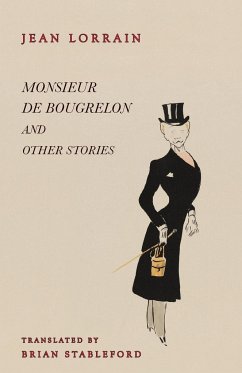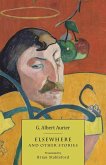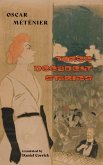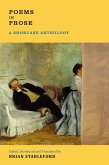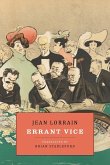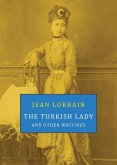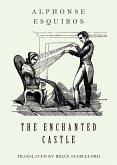Monsieur de Bougrelon, which originally appeared in serial form in Le Journal between 20 January and 10 May 1897, is here presented in English in a wonderful and fully annotated translation by Brian Stableford. This literary masterpiece, the eponymous "hero" of which is an extraordinary invention, remarkably exotic even by the standards of an era in which the intersection of neo-Naturalist and Symbolist Movements had created an intense interested in abnormal psychologies, is, for all its calculated eccentricity a strangely poignant work. It is not surprising that Monsieur de Bougrelon continued to haunt the author long after he had completed its composition and, as literary revenants go, the character is one of those most likely to make a liminal but profound impression even in today's world. In addition to the title novella, the present volume includes nine delightful stories from Lorrain's later period, which have never before appeared in English.
Hinweis: Dieser Artikel kann nur an eine deutsche Lieferadresse ausgeliefert werden.
Hinweis: Dieser Artikel kann nur an eine deutsche Lieferadresse ausgeliefert werden.

